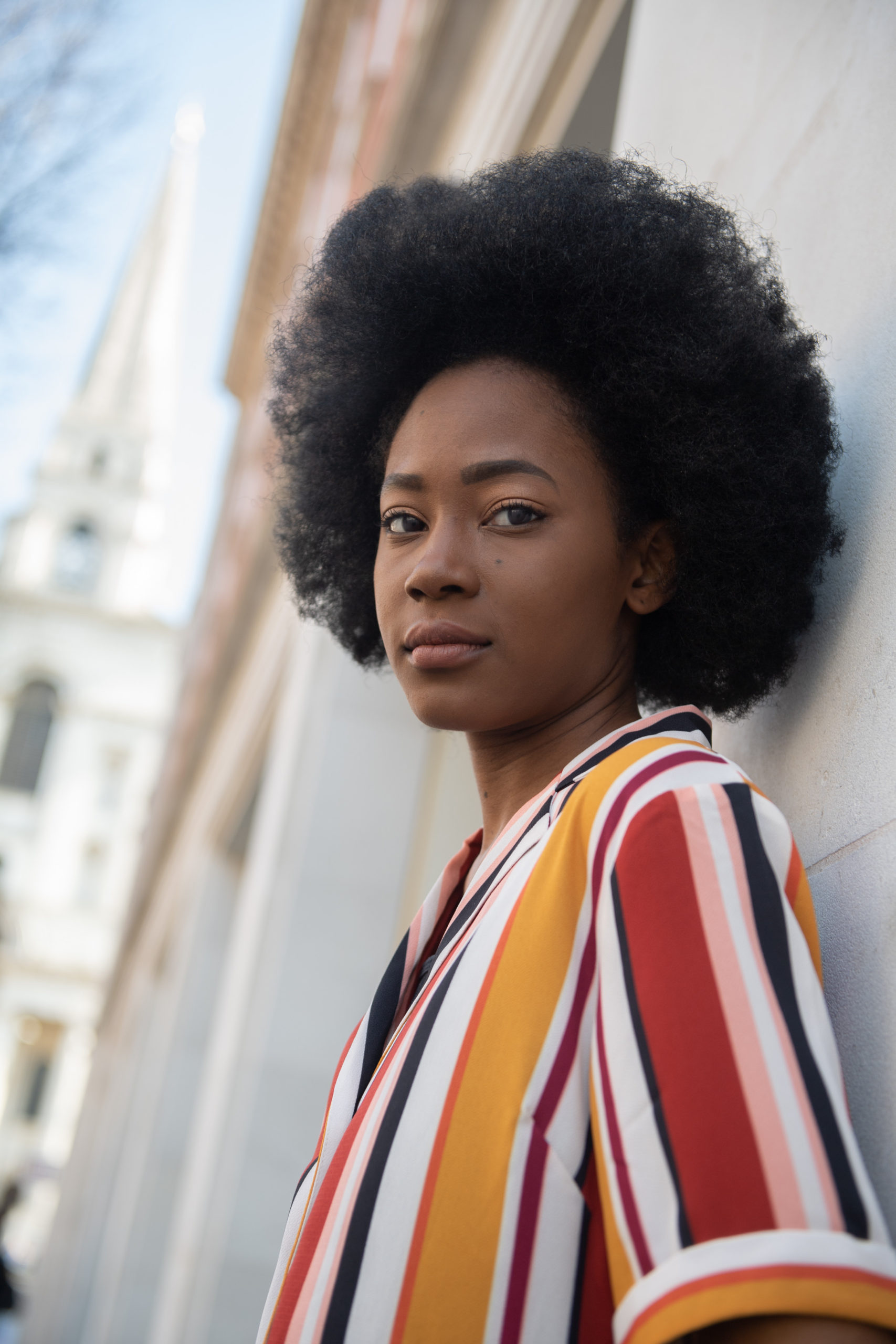Poetry in a Time of a Pandemic by Theresa Lola
Kellogg student Theresa Awonuga is currently studying for an MSt in Creative Writing. In 2019 Theresa, who writes under the name Theresa Lola, was elected Young People’s Laureate for London. In this blog, she explores how poetry can be a means of expression and healing during the current pandemic.

Credit: Hayley Madden
There have been reports on the effects of the pandemic on our mental health, and research is being continued by the Mental Health Foundation. During this time, it is vital for us to find ways to express ourselves and find sources of inspiration. Times of turmoil are often memorialized by writers and artists; arts and literature have the power to evoke and reflect our emotions. Poetry can facilitate the process of healing, and has always been my place of refuge.
Whether you already write poetry, or have an interest, consider the ways poetry can help us cope during this time.
- Poetry is a form of expression; it offers a space to articulate and express our most complicated feelings. Sometimes just writing down our thoughts can be helpful, it could be a free write (placing your thoughts freely onto paper without overthinking the words), or you could respond to poetry prompts, a plethora of prompts are available online. Two prompts I will suggest are, a) pick a random object in your house and write a letter to it, or b) write a poem using your five senses to describe your life in a day.
- Poetry as a way of exercising creativity. At the start of the COVID-19 outbreak many companies sent emails to reassure customers. Jessica Salfia went viral with her poem First Lines of Emails I’ve Received While Quarantining where she used first lines of company email to create a poem. This is one of many creative ways a poem can be formed. Maybe your supermarket receipt can be a poem? Or Netflix history?
- Poetry as a form of protest. Research carried out by academics at University of Oxford and London School of Hygiene & Tropical Medicine, found that Black and Asian people were at higher risk of death, the research also found people of socially deprived background were also at higher risk. Many have demanded solutions, and poetry is a powerful tool that has been used as a form of protest for generations. Words carry power, poetry holds it.
- Healing through poetry is not necessarily about writing poetry, reading poetry can be beneficial also; often a poem comes along that encapsulates what we are going through. Here are four poems I find inspirational, hopefully one inspires you: A Portable Paradise by Roger Robinson; Little Stones at My Window by Mario Benedetti; Dawn Revisited by Rita Dove; and The Soul has Bandaged Moments by Emily Dickinson.
- Poetry as a form of documentation. Poetry can be used as a diary entry, a way to document not only the world but ourselves. I often read my old poems as a portal to memories.
At the moment my life exists between Oxford and London – I am currently the Young People’s Laureate for London. My tenure focuses on the connection between poetry and mental health. Shortly after the start of lockdown, I launched a poetry campaign called #SayYourPeace, which encourages people to write poems about the things bringing them peace. You can read some of the poems submitted to the campaign here.